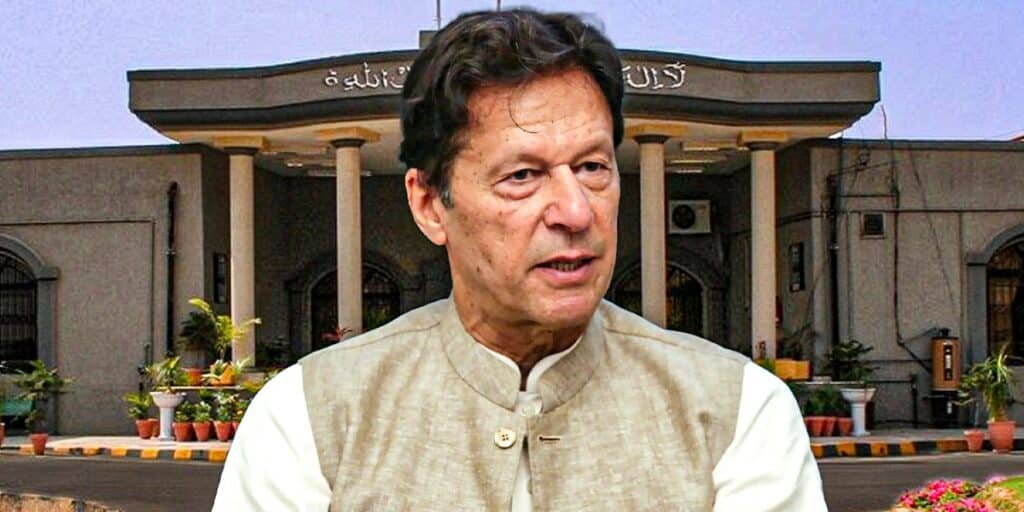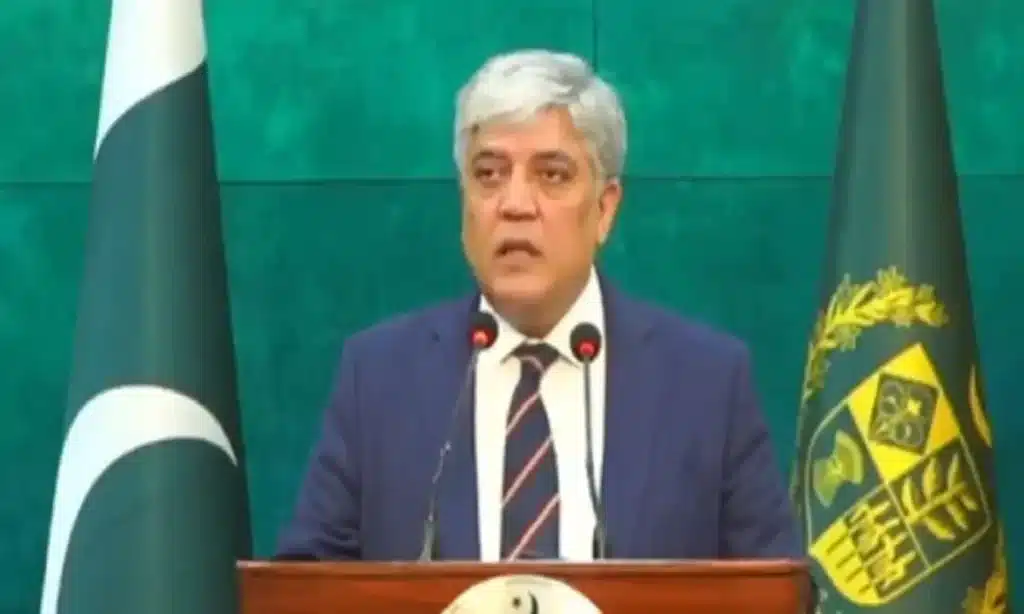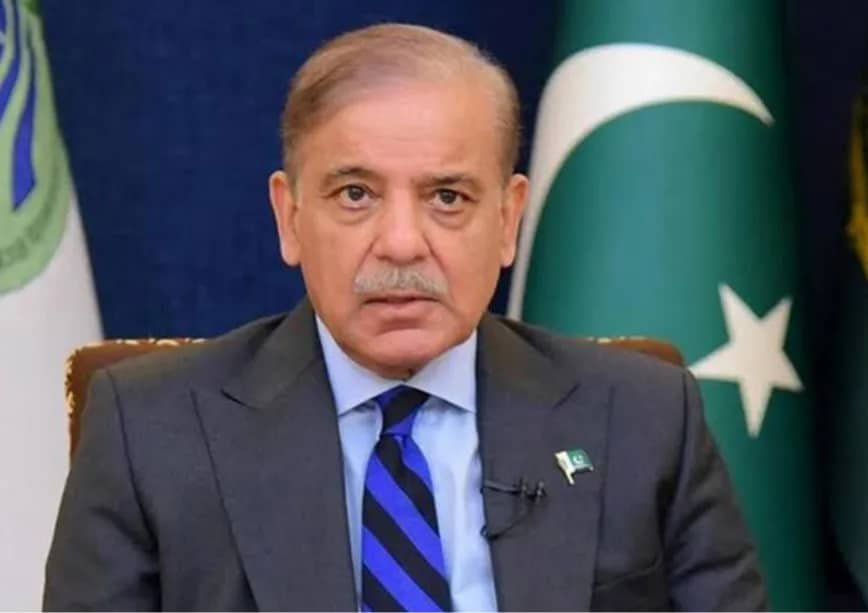ISLAMABAD: The World Bank has reported a significant rise in Pakistan’s poverty rate, with 44.7% of the population now living below the poverty line under updated global standards. this marks a sharp increase from the previous rate of 39.8%.
According to the latest World Bank poverty assessment, nearly 107.9 million Pakistanis are now classified as poor. The revised methodology adjusts poverty thresholds for lower-middle-income countries like Pakistan, raising the benchmark from $3.65 to $4.20 per person per day.
While the poverty threshold has changed, the World Bank clarified that this does not reflect a sudden deterioration in living conditions. Instead, the revision is based on updated global metrics that better capture the cost of living and basic needs across economies.
The report identifies that 16.5% of Pakistan’s population falls into the extreme poverty category — those surviving on less than $3 per person per day. The World Bank has set this figure as the new line for measuring extreme poverty in lower-income nations.
Moreover, the data reveal that 88.4 % of Pakistan’s population earns below $8.30 per day, the revised standard for upper-middle-income countries. This figure, up from the previous $6.85 threshold, highlights the broad scope of economic vulnerability in the country.
“These changes aim to offer a more accurate picture of global poverty by reflecting shifts in price levels and consumption patterns,” the World Bank stated in its report. “Although Pakistan’s poverty rate appears to have increased, this is largely due to methodological updates rather than new economic shocks.”
Nonetheless, the updated findings underscore the urgency of targeted policy interventions to support low-income households and bolster social protection systems in Pakistan.
The World Bank’s report paints a sobering picture of widespread economic hardship in the country, urging both national and international stakeholders to ramp up efforts to address income inequality and improve access to basic services.
Read also: Chairman senate Gilani honors workers, stresses rights on labour day





